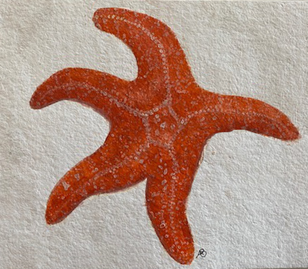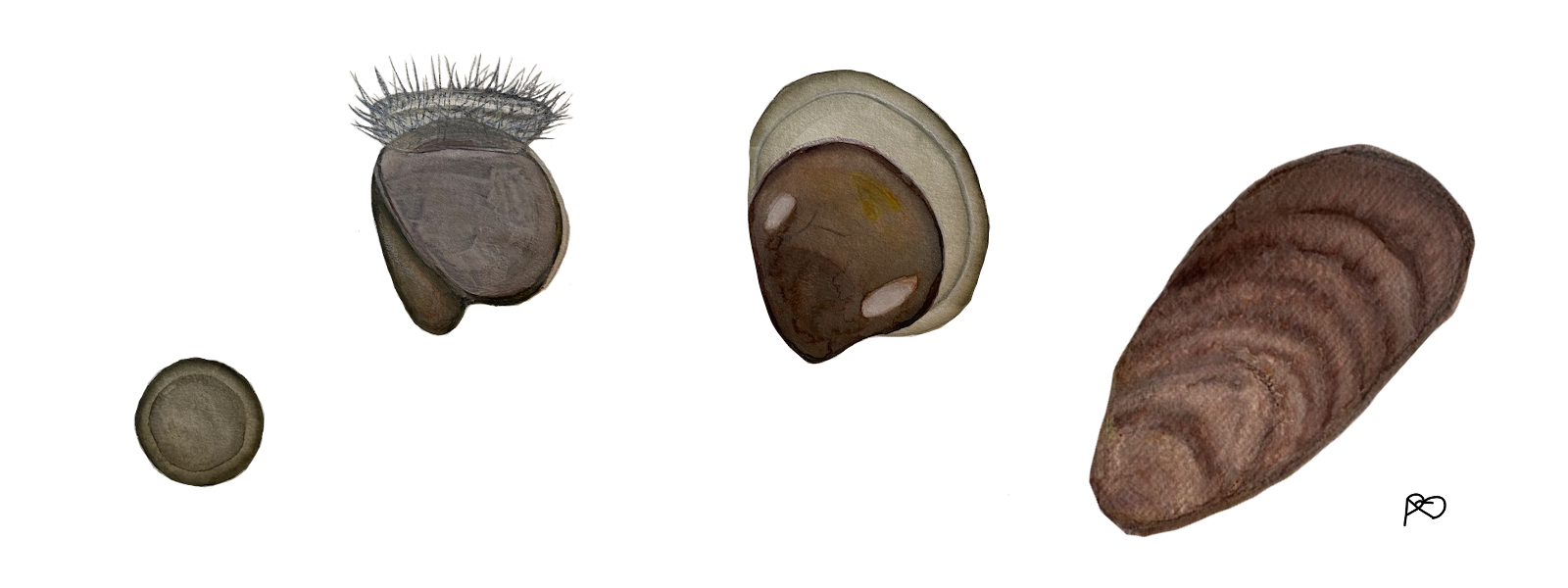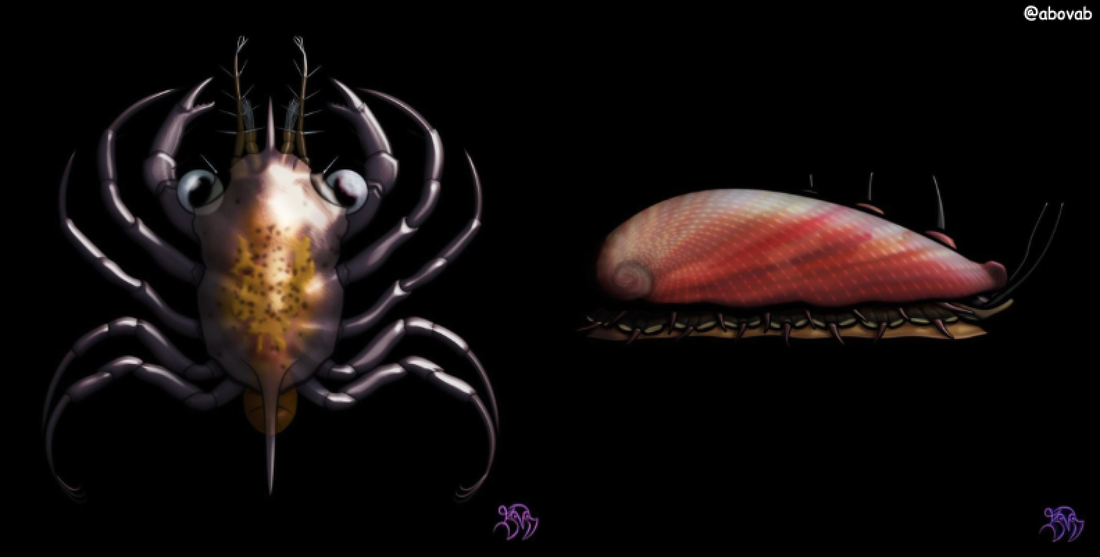ResearchMy research broadly looks at the adaptive potential of a variety of marine invertebrates to stressors associated with climate change.
|
Dissertation Research
Sea Star Wasting
|
Sea star wasting syndrome (SSWS), exacerbated by thermal stress, has decimated many sea star species along along the East Pacific Coast. Among sea stars impacted were the "keystone species", Pisaster ochraceus, who are ferocious predators that keep fast grown mussels in check.
In a collaboration between the Menge and Barreto labs, we compared symptomatic and asymptomatic Pisaster to isolate candidate resistant genes to SSWS. Read more in our manuscript! |
|
Oyster Metamorphosis in response to ocean acidification conditions
|
The Pacific oyster, Crassostrea gigas, along other bivalve species have been negatively impacted by ocean acidification (OA). Acidified seawater slows and impairs growth which is especially challenging for larvae during their early developmental stages.
The Langdon and Barreto labs teamed up to look at genes that are differently expressed in before and after metamorphosis when larvae were in ambient and OA seawater conditions. |
Adaptive potential of Dungeness Crab and Red Abalone to ocean acidification
|
The Dungeness crab, Metacarcinus magister, and red abalone, Haliotis rufescens, are economically important species to the United States. Currently, there are gaps in our knowledge as to how ocean acidification (OA) will impact these species as pH continues to decrease. I assessed the vulnerability and adaptive potential to OA for both species by measuring the heritability of metabolic rates.
|
SSWS and Climate ChangeAs temperatures continue to rise, marine diseases are becoming more frequent and increasing in severity. While not the root cause, elevated temperatures have been shown to exacerbate SSWS. Leading to regions with higher temperatures to also have more recorded observation of sick sea stars.
|
What is Ocean Acidification?Burning of fossil fuel has been adding higher amounts of carbon dioxide to our atmosphere. Much of the carbon dioxide is absorbed into our oceans. When carbon dioxide dissolves into seawater, carbonic acid is formed. Carbonic acid further breaks down into bicarbonate and carbonate ions, shifting the pH of seawater to be more acidic. Acidified sea water makes it harder for calcifying organisms to develop their shells.
|
What is Heritability?
|
Dissertation from Oregon State University



